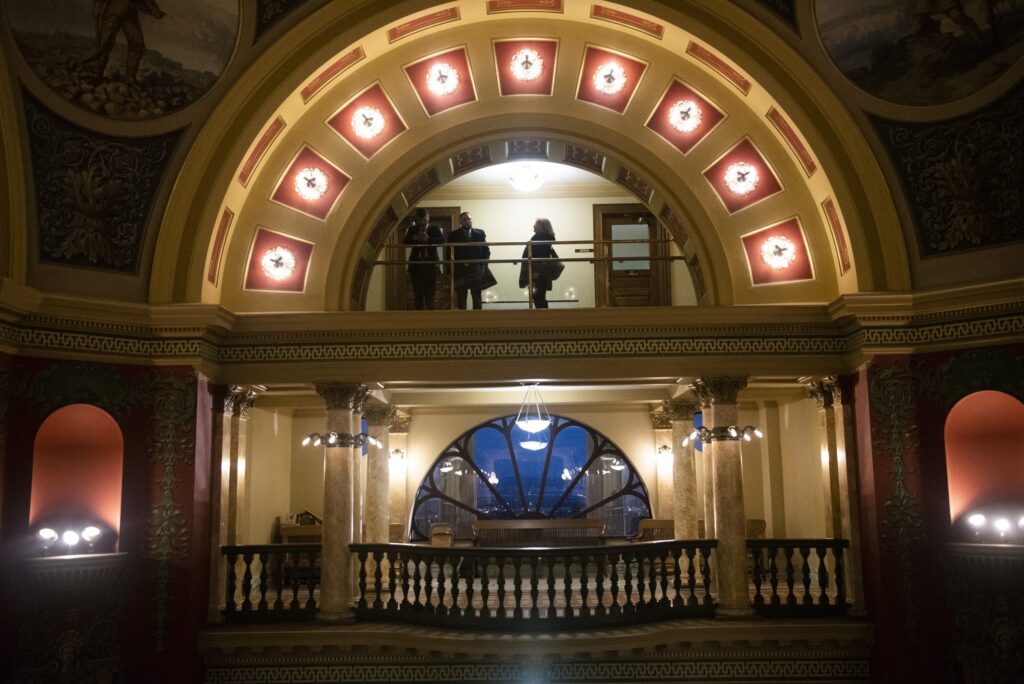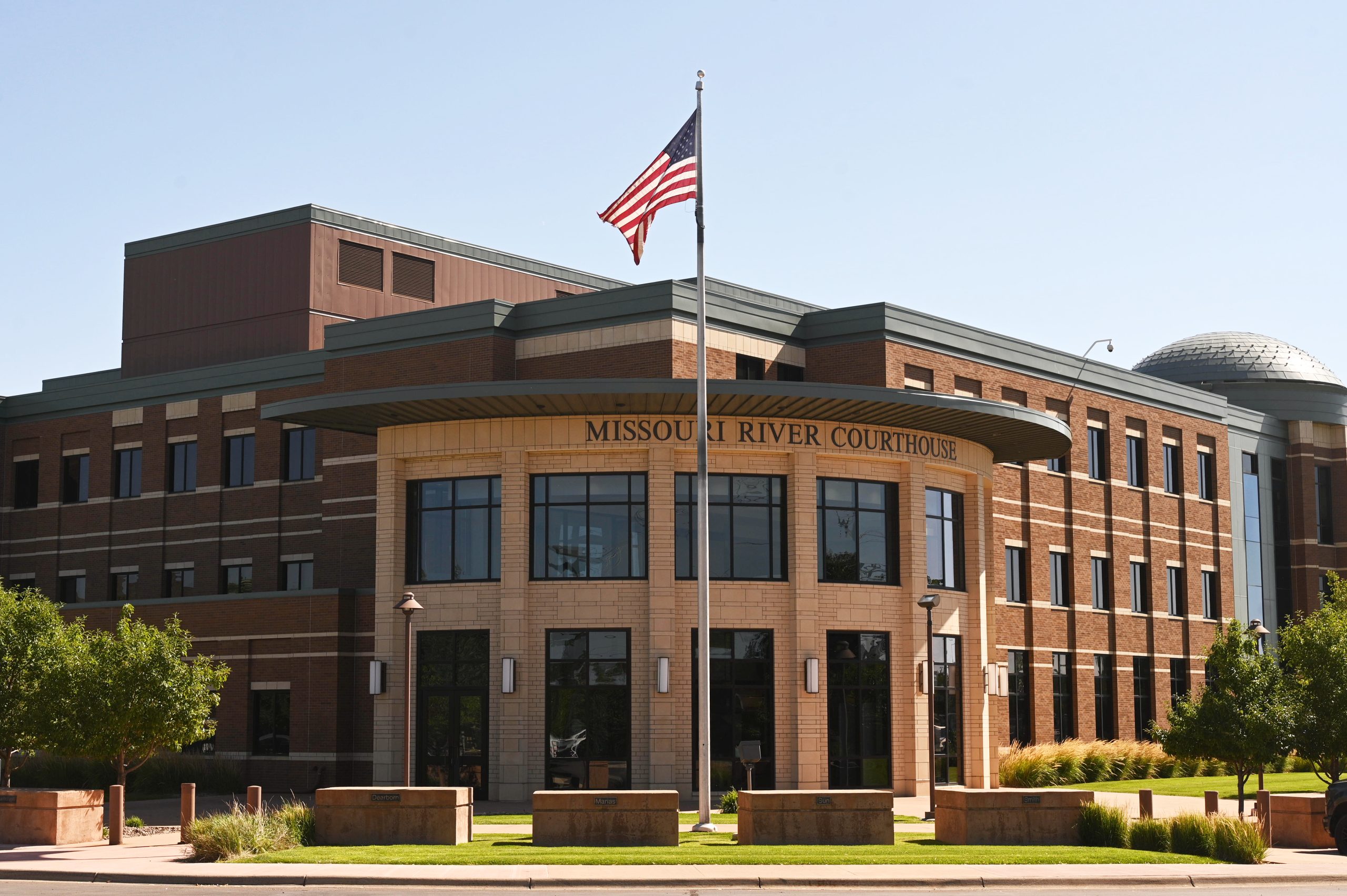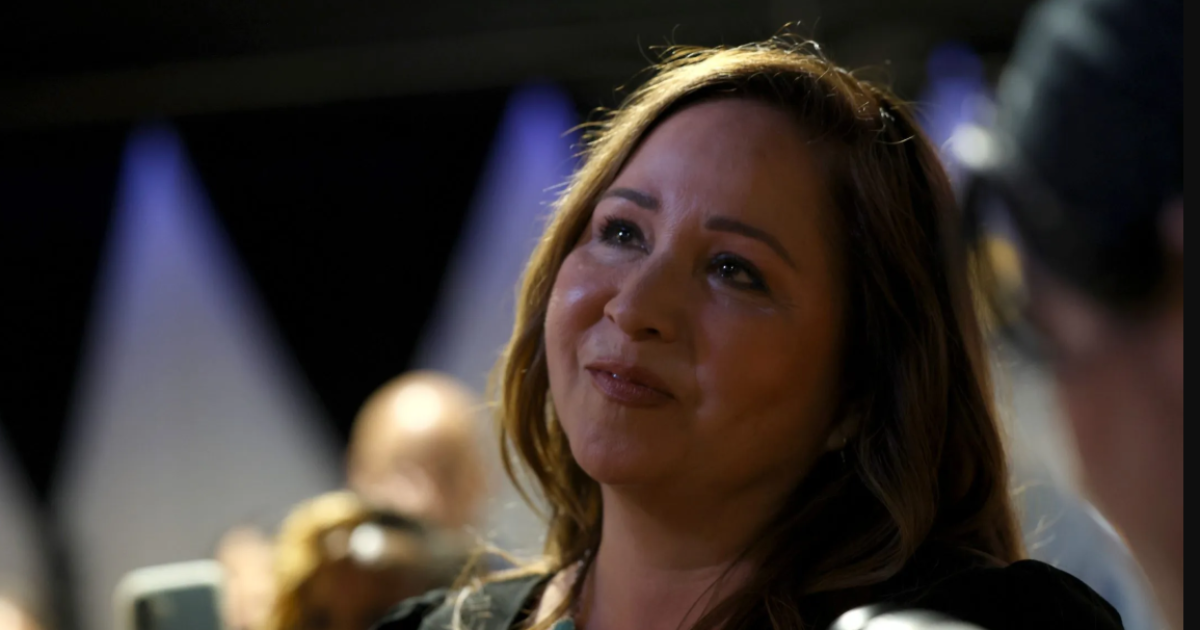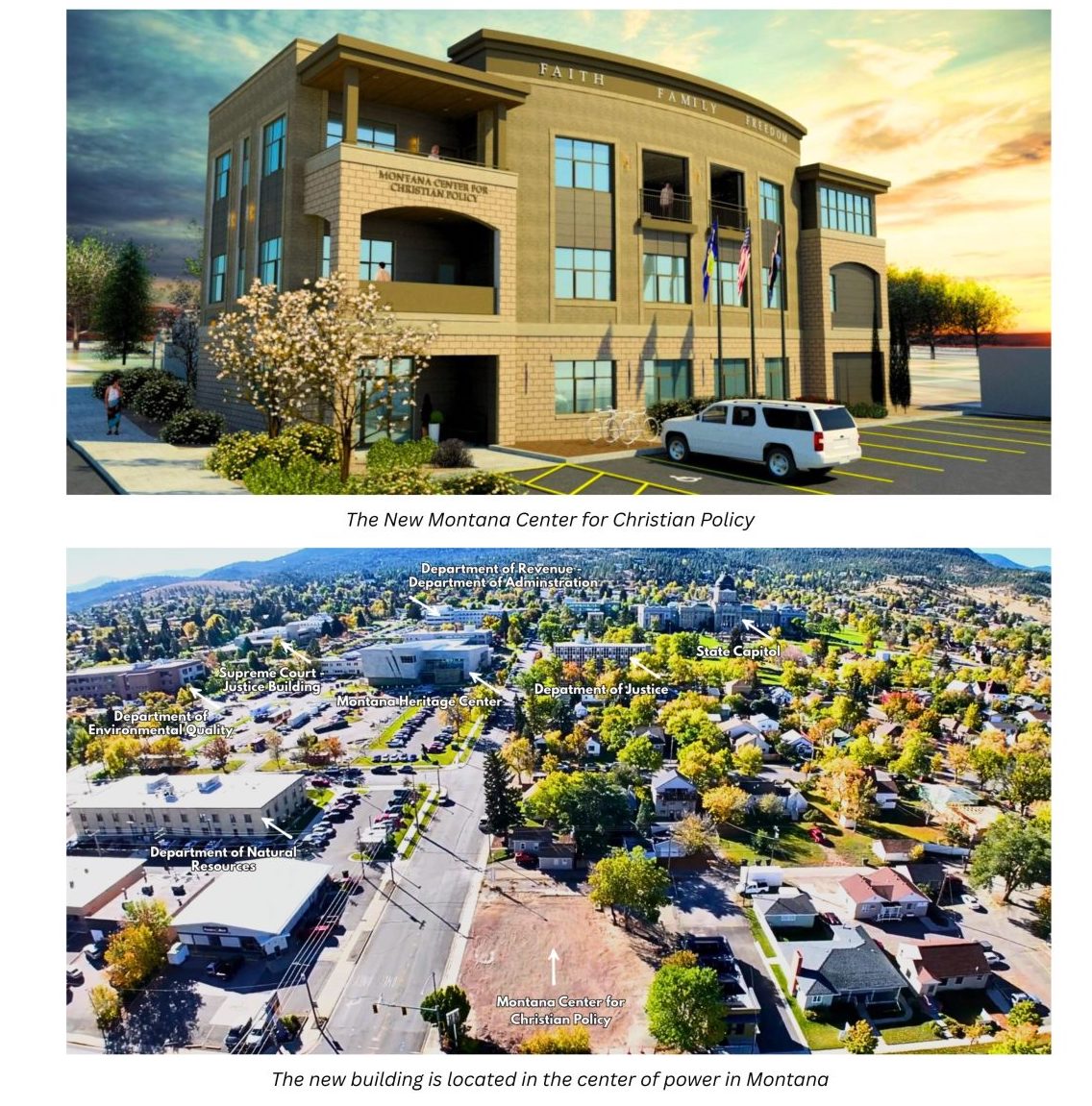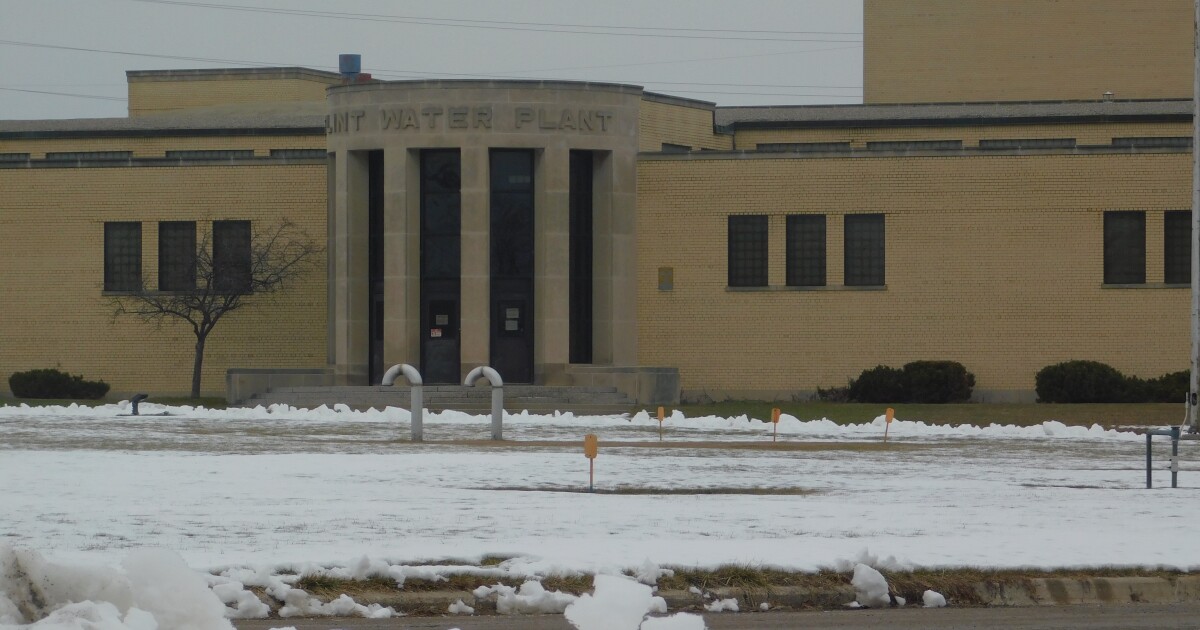Efforts by business sector lobbyists to stop two key property tax relief bills in Montana hit a wall as they moved forward Tuesday toward final legislative votes. Designed by Gov. Greg Gianforte, these bills are crucial for reducing property taxes on primary residences while shifting more tax burdens to second homes and short-term rentals. Lawmakers adapted the bills to prevent cuts in local services by increasing taxes on some agricultural and business properties.
House Bill 231 and Senate Bill 542, which headlined Gianforte’s property tax relief proposals, faced significant challenges. The second-home tax, crafted by Rep. Llew Jones through a governor-initiated property tax task force, has seen various attempts to dismantle it in favor of other strategies. Some alternatives aimed to cut residential rates without distinguishing between homes, while others looked to tap into non-property tax revenues for annual rebates to lessen homeowner bills.
HB 231, after passing the House, was repeatedly voted down but later revived in the Senate. SB 542, initially a different measure, was transformed into a backup for the second-home tax. A delay in identifying primary residences led lawmakers to propose interim rates this year and a $400 rebate funded by $90 million from the state General Fund, with full implementation planned for next year.
To address conflicts with city charters like Billings’, the bills contain provisions allowing tax shifts without affecting city revenues. Tax adjustments for agricultural properties and small businesses aim to mitigate any adverse impacts. Following final committee tweaks, SB 542 emerged as the primary measure, while HB 231 was amended to nullify many of its provisions if both bills are enacted.
The legislative process faced criticism, with opponents warning that SB 542’s extensive rewrite could legally challenge the second-home tax. Bob Story, executive director of the Montana Taxpayers Association, expressed concerns about its constitutional validity. Opponents argue that the proposal could harm Montana’s economy by increasing business property taxes, particularly affecting sectors like coal and mineral mining.
Despite opposition from industry groups such as the Montana Petroleum Association and United Property Owners of Montana, lawmakers like House Majority Leader Steve Fitzpatrick argue that businesses have seen declining taxes as the residential share increases. He questioned why the new bill should be opposed when businesses are still paying less than in previous years.
Montana Chamber of Commerce CEO Todd O’Hair countered that business tax reductions stem from declining property values and that property taxes have long hindered economic growth. Meanwhile, Gov. Gianforte has signed a significant income tax cut to attract business investment and is advancing tax exemptions for new projects. Montana’s tax climate is considered competitive, with no statewide sales tax, but Jones acknowledged the potential need for a sales tax due to declining natural resource industries.
The final versions of these property tax bills must now pass further votes in the House and Senate before reaching the governor. The bills cleared initial Senate votes on Tuesday with margins of 28-22 for HB 132 and 29-21 for SB 154.
—
Read More Montana News

